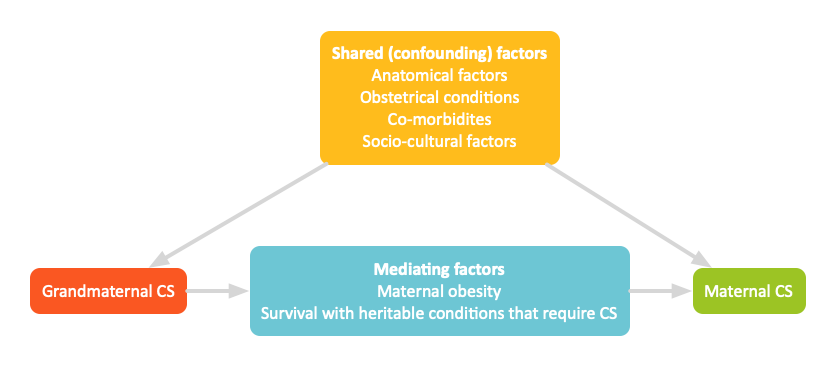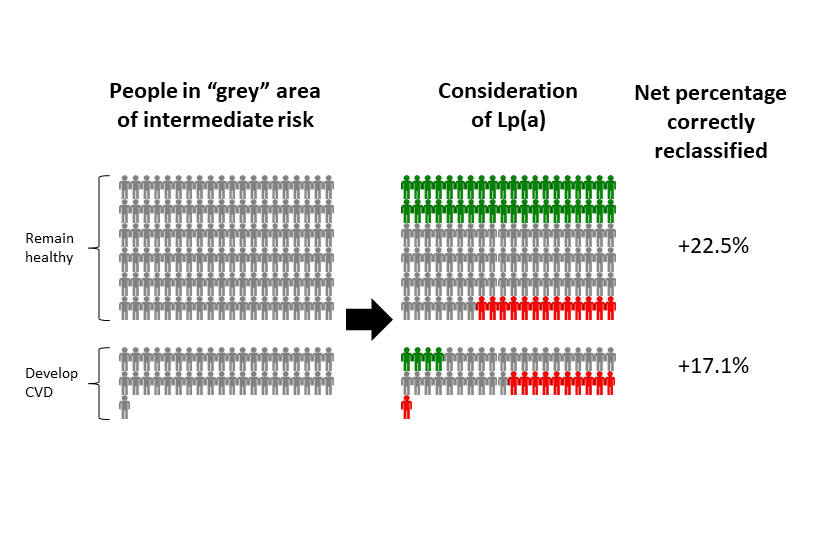Using data from over 23,000 women, their mothers, and their children from the 3G Multigenerational Cohort in the Canadian province of Nova Scotia, we examined whether being born by Caesarean section (CS) is associated with delivering your first child by CS. We found that women born by CS were 36% more likely to have a […]
Read More









